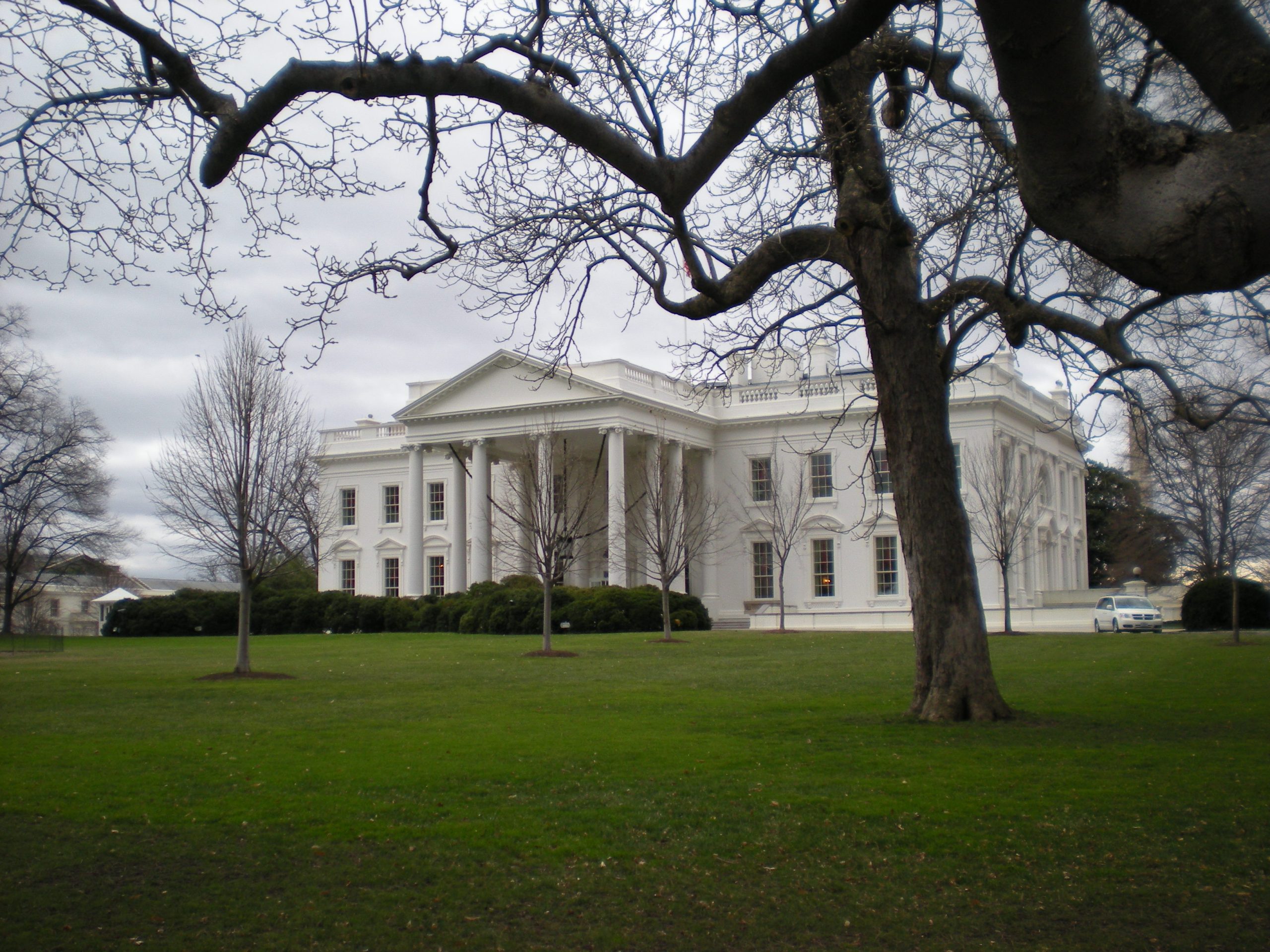The London Metal Exchange (LME) is the world’s largest market for non-ferrous metals. It’s responsible for setting prices and helping to ensure the fair functioning of the global metal market. But, recently, several reviews have come out that suggest there are potential distortions in the market due to LME procedures. Now, these reviews have urged LME to take action against these issues or risk serious consequences. In this blog post, we will explore these reviews and discuss what action can be taken by the LME to address these distortions.
LME urged to take action against market distortions
LME urged to take action against market distortions by reviewers.
The London Metal Exchange (LME) has been urged to take action against “distortions” in the metals market by a group of leading banks and trading firms.
In a letter to the LME, the 13 firms said that they were “gravely concerned” about the way the market was being distorted by financial players.
The firms said that metal prices were being driven up by speculators who were not interested in taking delivery of the metal, but were simply betting on the price going up.
This was having a “detrimental impact” on industrial users of metals, who were struggling to hedge their costs or pass on price increases to customers.
The letter called on the LME to introduce measures to curb speculation, such as position limits and margin requirements.
It is not the first time that the LME has been accused of failing to protect industrial users of metals. In 2015, a group of US senators wrote to the exchange, accusing it of “turning a blind eye” to manipulation by Chinese traders.
What are market distortions?
As the London Metal Exchange (LME) prepares to launch its much-anticipated review of aluminum prices, reviewers are urging the exchange to take action against market distortions.
According to a report in The Wall Street Journal, the LME’s review could result in changes to the way aluminum prices are set. The exchange is currently considering proposals from industry participants that would alter the way aluminum prices are calculated.
The LME’s review comes as aluminum prices have been under pressure due to concerns about market distortions. In particular, there have been complaints that Chinese producers have been selling metal below cost in order to gain market share. This has led to calls for action from Western producers, who argue that they are being unfairly disadvantaged by these practices.
The LME’s review is expected to culminate in a decision on whether or not to make changes to the way aluminum prices are calculated. It is unclear at this stage what those changes might be, but it is possible that the LME could introduce new rules governing how Chinese producers can sell their metal in the international market.
This would be a major development for the aluminum industry, and it remains to be seen how China would respond if such rules were introduced. However, it is clear that there is growing concern about market distortions in the aluminum sector, and that action may need to be taken in order to ensure a level playing field for all producers.
How do market distortions impact the LME?
The London Metal Exchange (LME) is coming under pressure to take action against market distortions, with reviewers urging the exchange to do more to level the playing field.
Some argue that the LME’s current rules and regulations are not adequate in addressing today’s challenges, particularly when it comes to stemming manipulation and other harmful practices. The exchange has been criticized for being too slow in responding to changing market conditions and for not doing enough to protect investors.
There have been a number of high-profile cases of market distortion in recent years, which have led to heavy losses for some participants. In one case, a group of traders was found to have colluded in order to manipulate prices. This kind of activity creates an uneven playing field, which can discourage investment and distort prices.
The LME has taken some steps to address these concerns, but reviewers believe more needs to be done. They are calling on the exchange to review its rules and regulations, with a view to making changes that will help reduce market distortions.
What action can the LME take against market distortions?
The London Metal Exchange (LME) is under pressure to take action against market distortions, according to a review by the UK’s Financial Conduct Authority (FCA).
The review found that the LME’s current rules and practices are not adequate to prevent or address market distortions. It also found that the exchange has been slow to act on concerns about distortions in the market.
The FCA has recommended that the LME take action to improve its rules and practices, including:
- Reviewing its rules on position limits and reporting requirements
- Introducing new rules or practices to address specific concerns about market manipulation, insider trading and other types of distortion
- Enhancing its surveillance and enforcement activities
- Improving its information gathering and sharing arrangements with other authorities
Conclusion
It is clear that the LME needs to take action against market distortions caused by reviewers. This will ensure a more stable, transparent and accessible marketplace for futures contracts and other related products. The LME should also focus on creating efficient mechanisms for monitoring trade activity in order to detect any malpractices or irregularities. Finally, it should work with governments and regulators to ensure appropriate oversight of the global commodities markets so that these markets remain fair and open to all participants.




